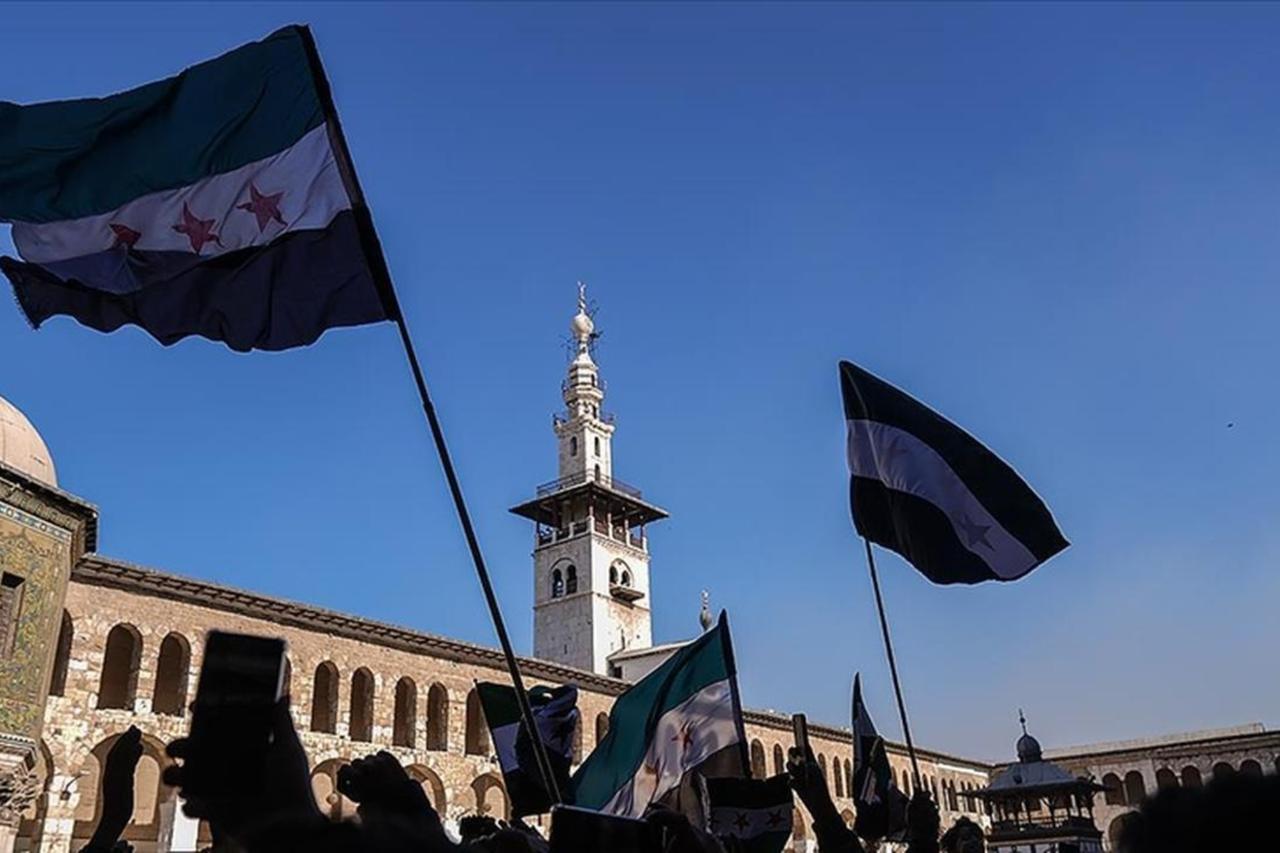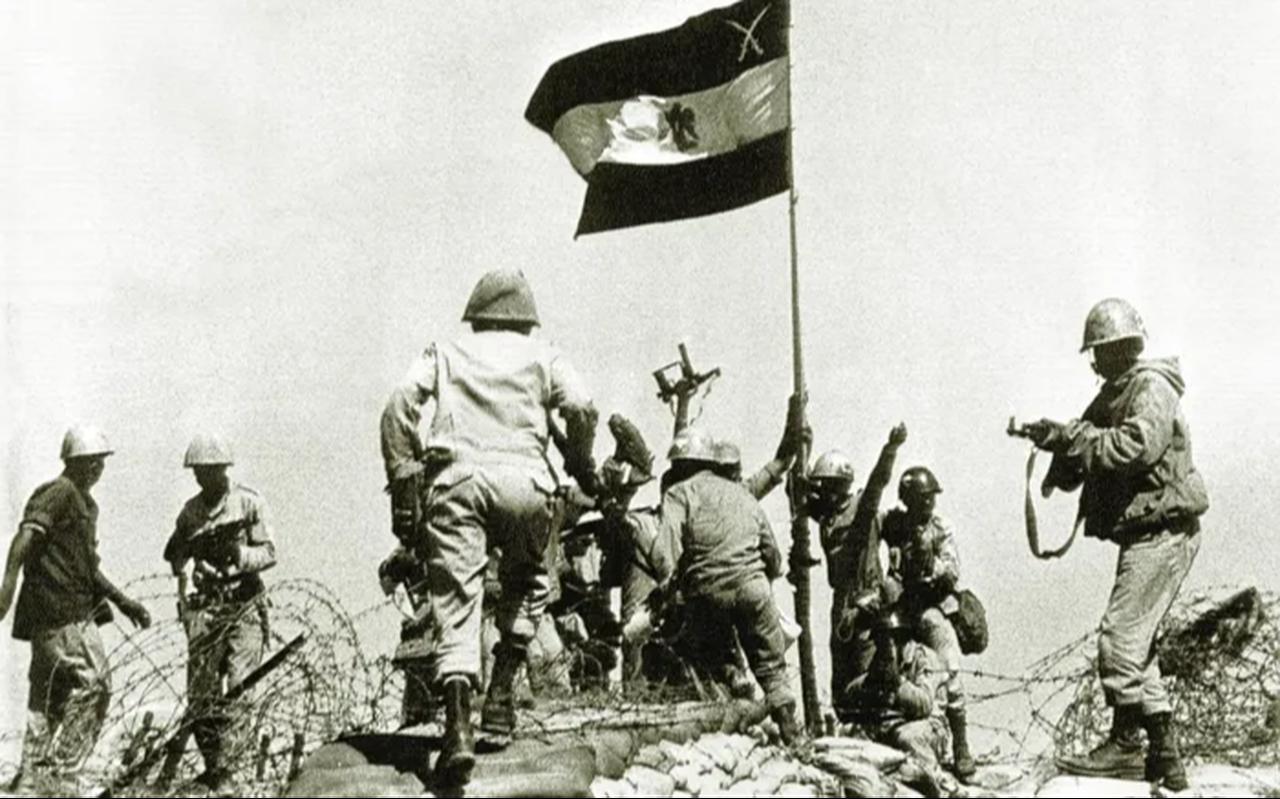
Syrian President Ahmad al-Sharaa on Sunday issued a new decree defining the country’s official holidays and leave entitlements, according to the state-run Syrian Arab News Agency (SANA).
The decision, issued under the title “Reorganization of Official Holidays,” includes the cancellation of several previously recognized national observances.
Under Decree No. 188 of 2025, the Oct. 6, 1973, War Commemoration— formerly an official national holiday—and Martyrs’ Day, observed annually on May 6, have both been removed from the list of official holidays.
The decree also specifies the holidays on which public sector employees, governed by the Basic Law for State Workers, are entitled to fully paid leave.
Article 1 of the decree specifies the official holidays as follows:
The decree stipulates that certain employees may be required to work during official holidays due to the nature of their duties.
Under Article 43(c) of the Basic Law for State Employees, the government will set dates for unspecified holidays, and any conflicting regulations are repealed.
Syria marks Martyrs’ Day on May 6 each year in remembrance of Arab nationalists executed by Ottoman authorities in Damascus and Beirut in 1916 under the rule of Jamal Pasha.
Pasha was an Ottoman military leader and one of the three leaders who ruled the Ottoman Empire during World War I.
Pasha ordered the execution of 21 Syrian and Lebanese nationalist figures who had demanded independence from the Ottoman Empire.
Gallows were erected that day in Marjeh Square in Damascus and Al-Burj Square in Beirut.
This day later became a holiday in Syria and Lebanon, commemorating their memory.
The annual commemoration honors the sacrifices of what are described as “processions of martyrs” who gave their lives in defense of the nation’s dignity and sovereignty.
Syrian authorities have also removed the commemoration of the 1973 October War from the latest decree defining official holidays.
This notable occasion marks the conflict in which Egypt and Syria launched a war against the Israeli occupation to reclaim their territories, with Egypt successfully regaining the Sinai Peninsula.
A human rights observatory criticized the cancellation, emphasizing that the memory of this day goes beyond any regime or leader.
It represents a shared national memory, shaped by Syrians from different cities and communities, alongside Arab fighters from allied countries who came to defend the occupied Syrian lands.

Amid controversy surrounding the recent curriculum revisions, Education Minister in the Salvation Government Nadhir al-Qadri defended the changes.
He said that the Ottomans were a historical opening, not occupiers, and there is no evidence to prove they committed crimes.